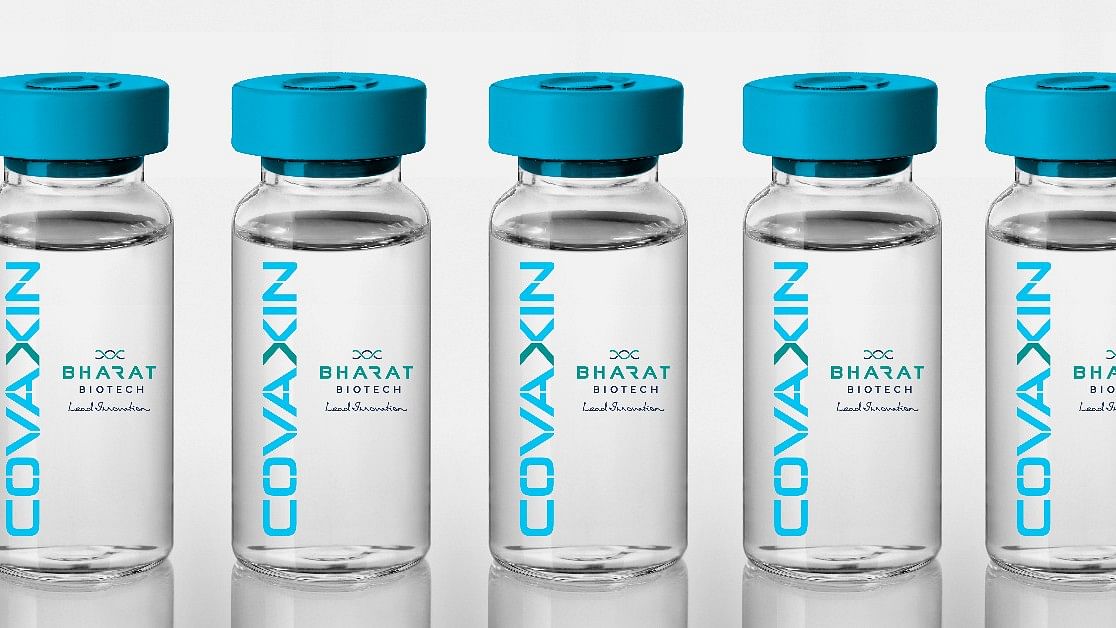
Vials of Covaxin Covid-19 vaccine.
Credit: Bharat Biotech
New Delhi: The Indian Council of Medical Research (ICMR) has come down heavily on a team of researchers from Banaras Hindu University for its “poorly designed study” on indigenous Covid-19 vaccine - Covaxin's - safety and wrongfully claiming ICMR's association with the study giving it a sense of legitimacy.
The council has pointed out four major design flaws in the study – widely reported in the media - because of which its conclusion on the vaccine's safety concerns don't hold.
A journal named Drug Safety that published the paper has been asked to retract it as the study implicitly makes conclusions on vaccine safety which are not supported by any evidence.
The ICMR has sternly asked the researchers at BHU’s Institute of Medical Sciences to immediately remove the council's name from the study. It also sought an explanation from the researches asking them to explain why legal and administrative actions would not be taken against them.
The action comes days after the study's conclusion - nearly one-third of over 900 recipients of Covaxin developed some kind adverse of effects - made headlines. The Union Health Ministry on Monday released the letters that the ICMR chief wrote last week.
“The study has no control arm of unvaccinated individuals for comparing the rates of events between the vaccinated and unvaccinated groups. Hence, the reported events in the study cannot be linked or attributed to Covid-19 vaccination,” Rajiv Bahl, ICMR director general wrote in his letter to the journal editor as well as the authors.
“Moreover, the study didn’t even provide background rates of observed events in the population, making it impossible to assess the change in incidence of observed events in the post-vaccination period,” he added.
While the baseline information of study participants is missing in the paper, the method of data collection has a high risk of bias. Additionally, the study tool used is inconsistent with 'Adverse Events of Special Interest (AESI)' as defined in the reference provided in the paper.
“Study participants were contacted telephonically one year after vaccination and their responses recorded without any confirmation with clinical records or by physician examination,” Bahl added.
He also noted that similar acknowledgements to ICMR were made by the authors in previous papers without permission, raising concerns about their research practices.
Several of these points have already been flagged by the vaccine's manufacturer Bharat Biotech while pointing out at the shortcomings of the study.
“For such a study in safety to be effective, informative and to avoid investigator bias, the AESI safety profile of the subjects prior to participation in the study are required,” the Hyderabad-based company said.
“Also a comparison of safety profiles of non-vaccinated subjects is required during the course of the study along with the comparison of safety profiles of subjects who received other vaccines during the course of the study,” it added.
The university in response said it had taken note of the reactions triggered by the study and the authors had responded to the ICMR.
“We are also aware of the communication made by the ICMR to the concerned individuals. The Institute of Medical Sciences is looking into the matter. The individuals have communicated their responses to the ICMR. Additionally, the Institute of Medical Sciences is working on further strengthening and improving its research ecosystem,” the university said in a brief statement.
